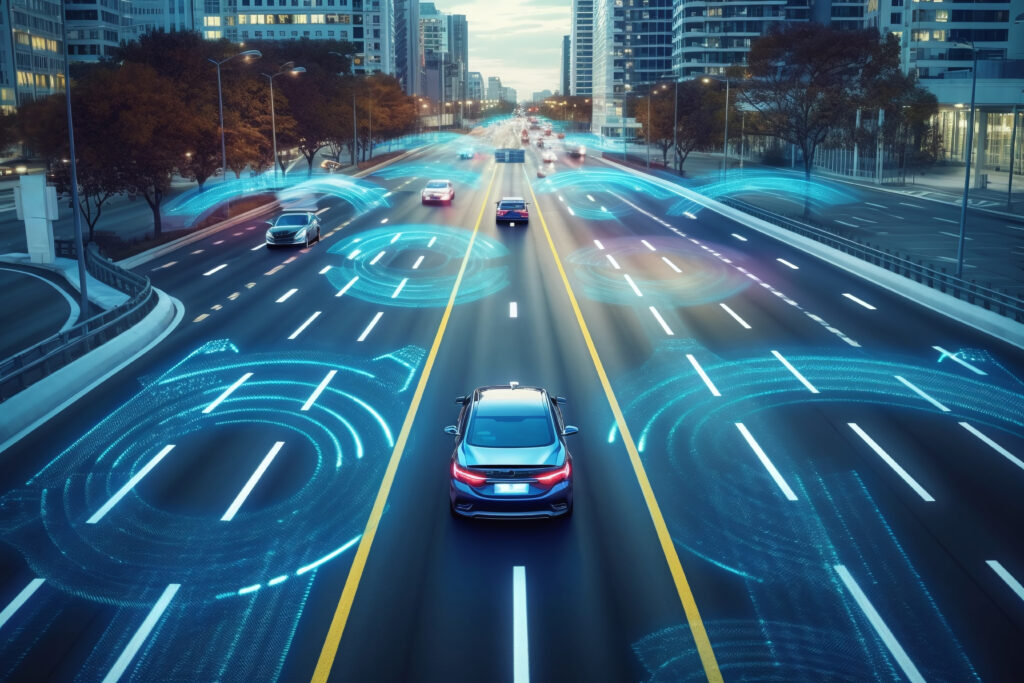Forbes experts have compiled a list of technologies they believe will have the biggest impact on city life, some of which will have a major impact on urban planning practice.
In a recent Forbes article, experts from the Technology Council compiled a list of smart city technologies that are set to transform urban life in the not-too-distant future: “Advances in managing everything from transportation to waste management will have a profound impact on residents and businesses, improving the overall quality of life for everyone,” the article states.
Of the 19 trends identified, the 12 most relevant to urban planners and related professionals are:
Self-driving cars will “transform mobility”. AI-powered “cognitive city” technologies will “make concepts such as ‘Smart City as a Service’ a reality”. Geolocation data will help cities enhance services for taxpayers and improve resource planning for businesses. “Context-aware” computing, using AI to build the Internet of Things, will enable smart cities to “respond quickly and precisely to user needs and intents”. Flying taxis could aid urban development, ease traffic congestion, and significantly reduce the delivery of emergency and medical supplies. AI-powered public transport could “dynamically adjust routes and schedules based on real-time data, minimizing wait times and maximizing efficiency”. Flexible workplaces and “pilot labs” could fill some of the commercial vacancies that cities currently struggle with. Intelligent waste management “monitors waste levels, optimizes collection routes, and enhances recycling, which reduces fuel consumption, lowers carbon emissions, and minimizes landfill use”. Automated public transport payment systems will make public transport more convenient for users. Intelligent traffic management systems “use real-time data and advanced technology to improve traffic flow, reduce congestion and make public transport more efficient.” Smart parking systems “use sensors, cameras and data analytics to provide real-time information on parking space availability,” allowing drivers “to use a mobile app to find and reserve an available parking space, reducing time spent looking for parking and reducing traffic congestion.” Micromobility hubs will integrate electric bikes, scooters and car-sharing options, all accessible through a unified digital platform.
For the full list of the 19 trends, check out the original Forbes article linked below.
Full article: 19 smart city technologies and how they will transform urban life
Tuesday, July 16, 2024 Forbes
Stay up to date with the latest news, job listings and more.
sign up
The impact of smart cities on real estate investment
By integrating technology and infrastructure, smart cities hold the promise of improved quality of life, efficient resource management, and innovative urban development projects, attracting investors.
Top 10 tips for cities considering pre-approved housing plans
Pre-approved housing plans are not just for small single-family homes, duplexes, and townhouses, and in fact can play a key role in facilitating the provision of mismatched middle housing of a variety of sizes and price ranges.
Urban Design for Planners 1: Software Tools
This six-course series will explore important urban design concepts using open source software, providing planners with the tools they need to fully participate in the urban design process.

